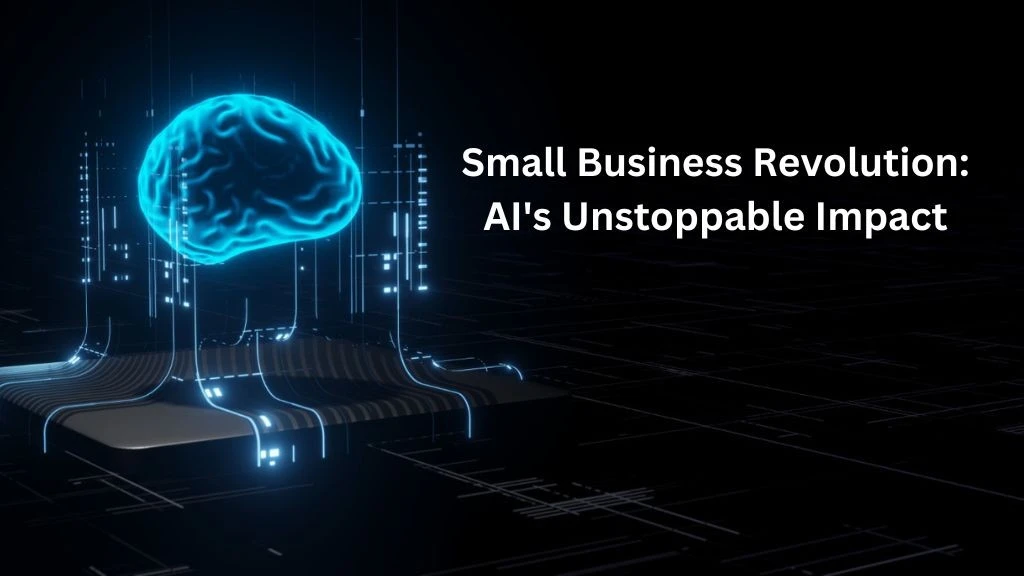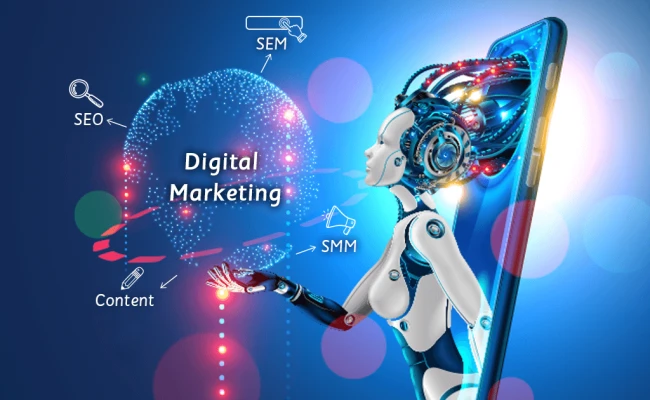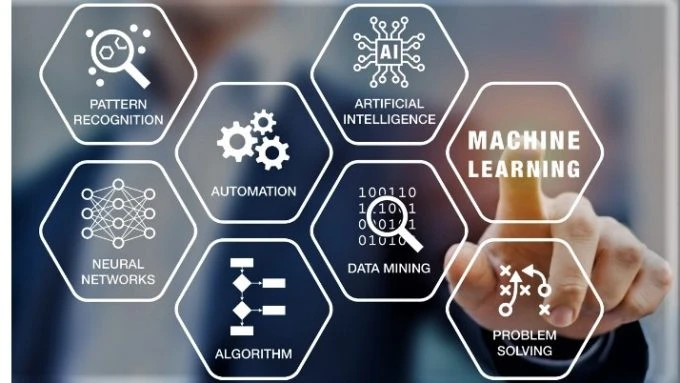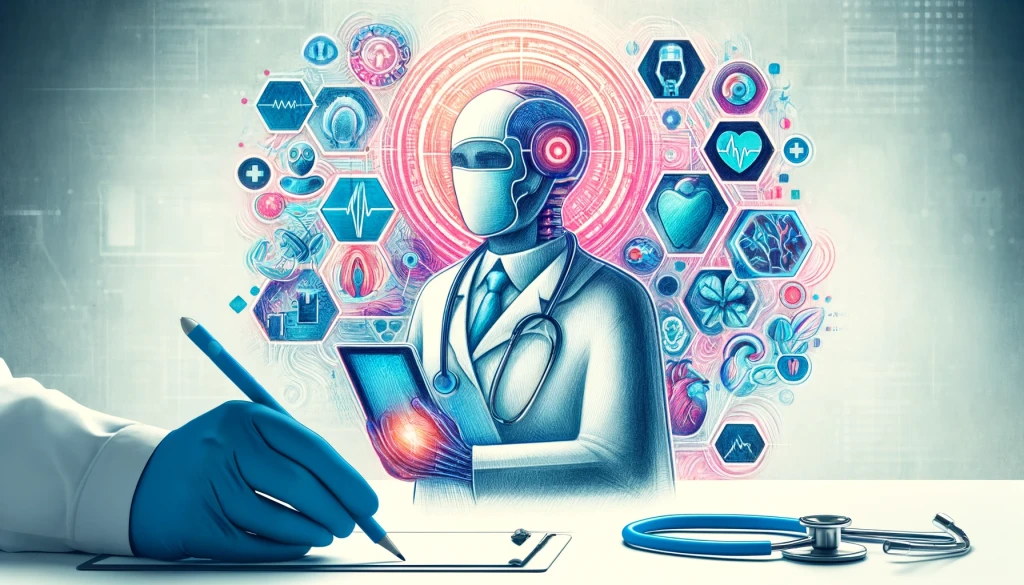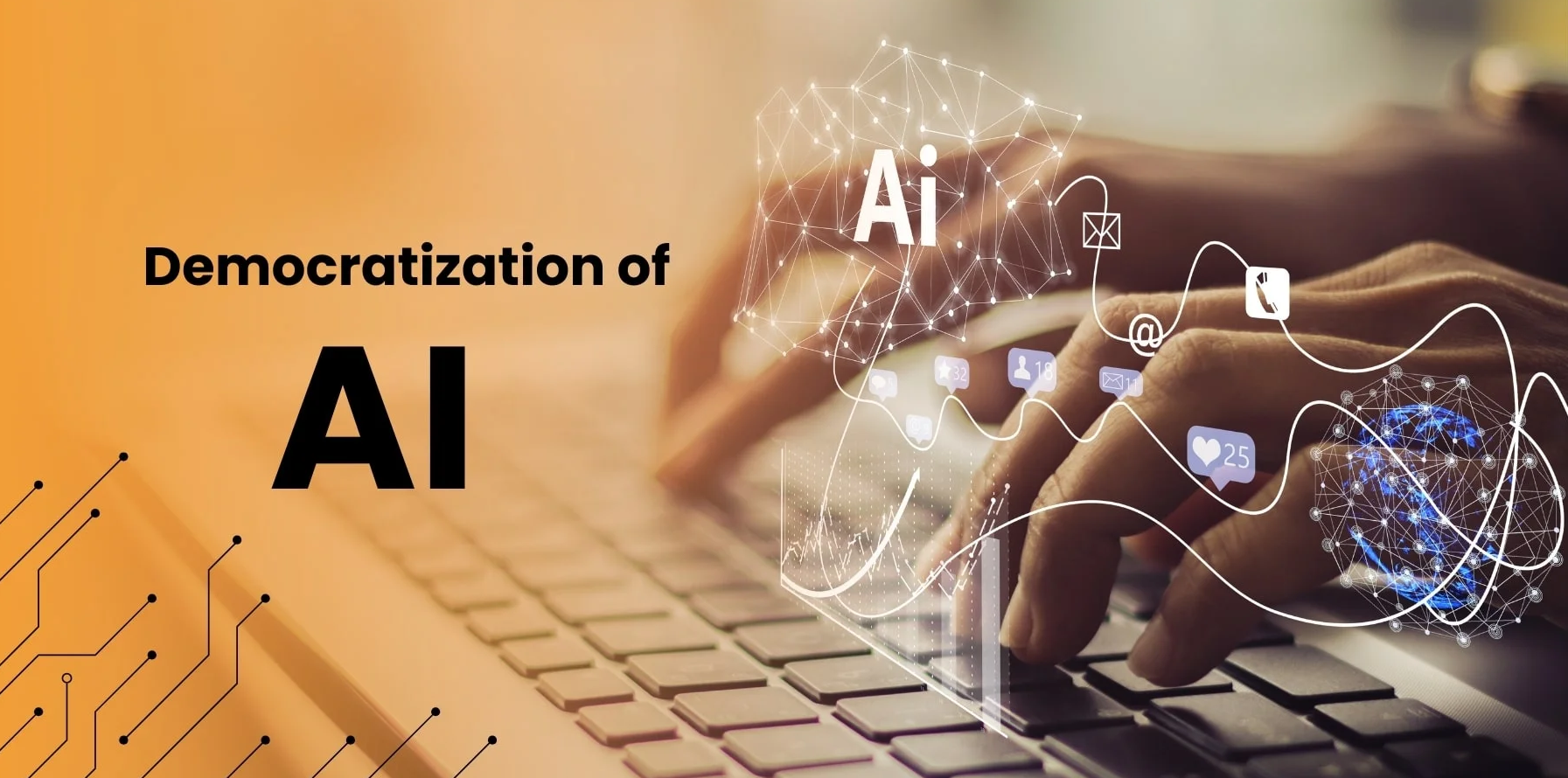Test AI on YOUR Website in 60 Seconds
See how our AI instantly analyzes your website and creates a personalized chatbot - without registration. Just enter your URL and watch it work!
1. Introduction: The Rise of AI in Business
This blog explores how businesses are adopting AI strategies to scale, innovate, and stay ahead in an increasingly competitive market.
2. How Businesses Are Using AI for Growth
1. AI-Powered Automation for Efficiency
AI streamlines repetitive tasks, reducing operational costs.
AI-powered workflows improve efficiency in HR, finance, and supply chain management.
Robotic Process Automation (RPA) enhances back-office operations and IT support.
2. AI-Driven Customer Experience and Personalization
AI-powered chatbots provide instant, 24/7 customer support.
Predictive AI tailors product recommendations and personalized marketing campaigns.
AI-driven sentiment analysis helps businesses understand and respond to customer needs.
3. Data-Driven Decision Making and Predictive Analytics
AI analyzes vast datasets to uncover market trends and consumer behaviors.
Predictive analytics optimize sales forecasting, risk management, and demand planning.
AI-powered BI tools assist executives in making smarter, data-backed decisions.
4. AI for Sales and Lead Generation
AI enhances lead scoring, helping sales teams prioritize high-conversion prospects.
AI-powered CRM systems track customer interactions and recommend next-best actions.
Automated AI-driven follow-ups increase conversion rates and revenue.
5. AI in Marketing and Advertising
AI optimizes ad targeting and personalizes digital marketing campaigns.
AI-generated content assists with social media management and email marketing.
AI-powered analytics improve SEO strategies and real-time campaign adjustments.
3. Industry-Specific AI Applications
1. AI in Healthcare
AI-driven diagnostics enable early disease detection and personalized treatments.
AI automates medical imaging analysis and predictive patient care.
AI chatbots assist patients with health-related queries and appointment scheduling.
2. AI in Finance and Banking
AI automates fraud detection, monitoring transactions for suspicious activities.
AI-driven robo-advisors provide personalized investment recommendations.
Predictive AI enhances credit scoring, loan approvals, and financial planning.
3. AI in Retail and E-Commerce
AI optimizes inventory management and demand forecasting.
AI-powered recommendation engines boost e-commerce conversions.
AI chatbots and virtual assistants enhance customer engagement and support.
4. AI in Manufacturing and Logistics
AI improves predictive maintenance, reducing equipment downtime.
AI-powered robotics optimize supply chain automation and warehouse operations.
AI-driven route optimization enhances delivery efficiency and logistics planning.
4. The Benefits of AI for Business Growth
1. Increased Productivity and Efficiency
AI automates tasks, allowing employees to focus on strategic initiatives.
AI enhances decision-making by providing real-time insights and recommendations.
2. Cost Savings and Revenue Growth
AI reduces operational expenses by eliminating manual processes.
AI-powered insights help businesses identify revenue opportunities and optimize pricing strategies.
3. Competitive Advantage and Innovation
Companies using AI gain a first-mover advantage in emerging markets.
AI fosters innovation by unlocking new business models and product development strategies.
5. Challenges and Ethical Considerations of AI Adoption
1. AI Bias and Ethical AI Usage
AI models must be trained on diverse datasets to prevent biased decision-making.
Businesses must ensure AI-powered hiring and financial decisions remain fair and unbiased.
2. AI Integration and Workforce Adaptation
Companies must invest in AI training and upskilling programs for employees.
A balanced approach to AI implementation ensures collaboration between AI and human workers.
3. Data Privacy and Security Concerns
AI-driven analytics rely on sensitive customer data, requiring strict security measures.
Businesses must comply with GDPR, CCPA, and other data protection regulations.
6. The Future of AI in Business Growth
1. AI and Hyper-Personalization
AI will enable ultra-personalized marketing, product recommendations, and experiences.
AI chatbots will become more human-like, improving customer interactions.
2. AI-Powered Autonomous Systems
AI-driven automation will expand into self-learning systems and robotics.
AI-powered supply chain automation will enhance global trade and logistics.
3. AI as a Strategic Business Partner
AI will assist executives with real-time decision-making and scenario planning.
Businesses will integrate AI-driven virtual assistants for workflow optimization.
7. Conclusion: AI as the Engine of Business Growth
As AI technology continues to evolve, businesses that invest in AI-driven solutions will position themselves for long-term success, market leadership, and sustainable growth in an increasingly AI-powered world.
